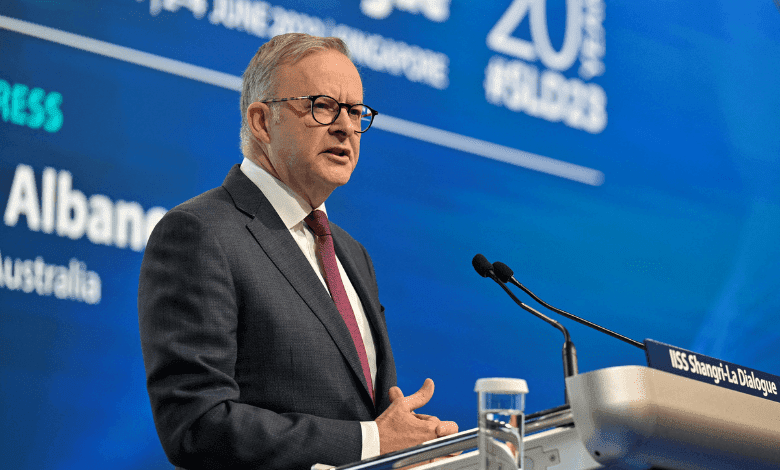Australian Premier Stepping Down After Neglecting The Environment for 9 years

When the annals of history recount the legacy of Daniel Andrews, his remarkable climate leadership will stand out. In just nine years, his government transformed one of the world’s most polluting energy systems in Victoria, steering it towards a fast track to zero emissions. But, amidst this climate crusade, the pages of history may reveal a notable omission – Victoria’s cherished natural environment.
While Premier Andrews fervently championed grand concrete and steel projects, his record in safeguarding the unique flora and fauna that define Victoria is a narrative of missed opportunities and environmental neglect. One glaring instance was his obstruction of the Murray-Darling Basin Plan, which cast a shadow over the health of rivers, native fish, and avian populations.
Ambitious Policies Defying National Norms
In collaboration with the State Minister for Energy and Climate, Lily D’Ambrosio, Andrews orchestrated a dramatic shift in Victoria’s energy landscape.
They presided over a tripling of renewable energy capacity, set a definitive end date for coal-fired power, and initiated the challenging transition away from fossil gas. However, their most enduring legacy might well be the transformation of climate politics.
In their first term, Andrews and D’Ambrosio passed Australia’s most comprehensive climate and renewables legislation.
This bold move came at a time when the federal Coalition government famously flaunted a lump of coal in parliament to assert their allegiance to fossil fuels. Andrews saw an opportunity in this energy transition, reshaping the political discourse surrounding climate change.
During the 2018 election, while opposition leader Matthew Guy advocated for another coal-fired power station, Andrews promised half-priced solar installations for the suburban belt. Learning from this, Guy matched Labor’s 2030 emissions targets in the 2022 campaign.
Yet, Andrews went further, announcing the revival of a renewable-powered State Electricity Commission, cleverly framing the end of coal as a return to public ownership, with a stinging critique of the Coalition’s original privatization efforts.
As the newly appointed Premier Jacinta Allan steps into her role, she inherits an array of paradigm-shifting projects. Her team faces the daunting task of ensuring that large-scale energy transition initiatives are completed on time to meet ambitious targets while managing tensions among regional electorates resisting new transmission infrastructure.
Dousing the Gas Flame in Victoria
Under Andrews’ stewardship, the government imposed a fracking ban in 2018 and enshrined it in the Victorian constitution, effectively prohibiting unconventional onshore gas extraction after years of community pressure.
Despite Victoria maintaining its status as Australia’s highest domestic gas user, Andrews initiated the journey towards all-electric homes. In June the previous year, a gas substitution roadmap was unveiled, outlining Victoria’s path towards breaking free from this polluting fossil fuel.
The resolve to decouple new buildings and apartments from gas connections, starting in January 2024, further reinforces this commitment to a gas-free future.
Preserving Victoria’s Forest Heritage
After overseeing the tumultuous reign of Vic Forests, which wreaked havoc on Victoria’s forests and operated at a significant loss, the Andrews government took a decisive step in ending native forest logging. This long-overdue decision, announced within the state budget, marked a critical turning point.
ALSO READ: Why is the Global Food Crisis Getting Worse? It’s Because of Climate Change.
Premier Jacinta Allan must now ensure that the transition from exploiting native forests as a resource to preserving them as protected areas unfolds meticulously and equitably.
As Victoria turns the page to a new era under Premier Allan, the delicate balancing act between climate action and natural environment preservation looms large. The legacy of Daniel Andrews serves as both inspiration and a cautionary tale, reminding us that leadership on one front should never eclipse responsibility on another.
